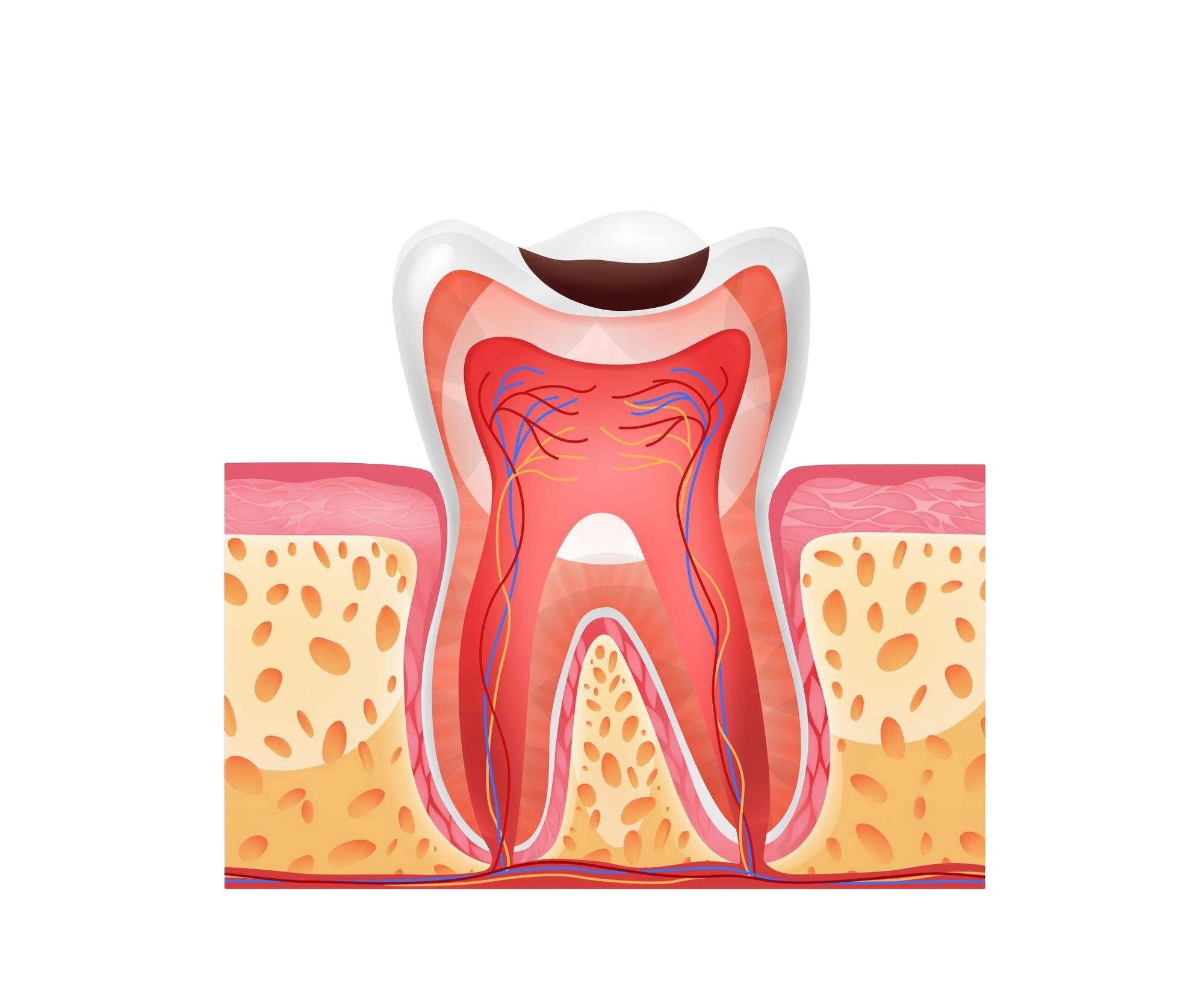
Cavities, also known as tooth decay, are one of the most common dental issues people face. They occur when plaque—a sticky film of bacteria—builds up on the surface of teeth. Over time, the acids produced by these bacteria wear down the enamel, causing small holes or cavities to form. If left untreated, cavities can lead to discomfort, infections, and more serious dental problems.
Preventing cavities starts with good oral hygiene. Brushing your teeth at least twice a day and flossing regularly help remove plaque and food particles that contribute to decay. Additionally, limiting sugary and acidic foods reduces the risk of acid formation, which harms tooth enamel. Regular dental visits are also crucial for detecting cavities in their early stages, allowing for timely treatment.
When a cavity is detected, treatment options typically include fillings, crowns, or root canals, depending on the severity of the decay. Fillings restore the tooth by filling the cavity with a durable material like composite or amalgam, while crowns are used for more extensive damage. In cases where the decay reaches the tooth’s pulp, a root canal is often necessary to save the tooth.
Maintaining a proactive approach to oral health is essential for avoiding cavities. By combining good daily care with professional dental guidance, you can keep your smile healthy and prevent the discomfort associated with tooth decay.

